There’s a good reason why Torchlight draws so many comparisons to the Diablo franchise. For one, they’re both top down isometric dungeon crawlers where loot is the primary mechanic to keep you grinding through dungeon after dungeon. Second, Runic Games was headed up by a group of game development veterans out of Blizzard North that were responsible for one of the most popular Blizzard titles of all time, Diablo II. There are a lot of striking similarities between the two games. In some places, in just the right light, you could easily mistake one for the other. The comparisons stop between these two titles at these most basic features. Underneath, Torchlight II is not very much like Diablo III at all, despite being released within months of each other. The core gameplay is certainly similar, and the dangling carrot of rare loot will keep you clicking away, but there’s a deeper sense of customization in Torchlight II that sinks its teeth in deep for those that venture forward on this three act adventure.
Torchlight II takes place years after the end of the original game. The Alchemist is corrupted by the blight from the Heart of Ordrak, and your completely customizable adventurer is tasked with stopping him from using this dark power to disrupt the balance of the world’s elements. You’d think there’d be more to say about a game’s story that’ll run you upwards of 20 hours to beat on a normal skill level, but there isn’t. You would be forgiven if you’d made it through the entire game without really knowing what happened at all, where you had been, and what your mission was in the first place. Torchlight II tells a disjointed tale, strewn together with patchwork characters that are largely forgettable, if just because of a lack of detail. It’s a shame actually because Torchlight II is a beautifully crafted game, with a lot of variation in its level design, enemies, and bosses.
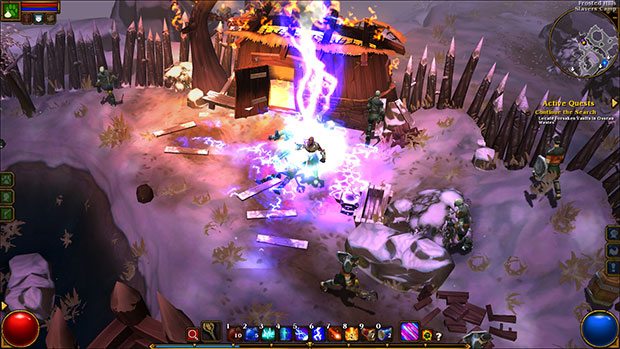
This might be the most telling part about Torchlight II. Even with its lack of story and cohesion of your adventure, it’s still ridiculously fun to play. Loot grinding and paper doll mechanics aren’t new ideas. Gamers have always loved opening chests, defeating enemies and collecting their spoils. This tried and true mechanic is the base for Torchlight II’s gameplay structure, and Runic fleshes this out in some really cool ways. Combined with the exceptional visual and audio presentation of Torchlight II, frankly its a game that’s hard to put down once you get started.
You start out by selecting your character, which can be chosen from one of four playable classes. The Engineer, a melee fighter who uses ember powered tech; The Embermage is a spell casting elemental attacker; The Berserker uses animal themed powers; and The Outlander who uses ranged weapons like pistols, shotguns, and cannons. Inside these four classes you can select male or female characters, and customize the appearance of your hero with haircuts, beards, and other outward appearance features. Like the original game, your adventure takes place with a pet companion. There are six companion pets to choose from: Bulldog, Ferret, Papillon, Chakawary, Panther and Cat. Once on your way, you’ll begin a quest that is as much about inventory management and skill trees, as it is about stopping this Alchemist fellow.
Torchlight II throws copious amounts of loot at you at every turn. Seriously. There’s always something you’ll find that can shake things up in your arsenal. Whether its a new enchanted weapon or armor peice for yourself, or kit for your pet, you’re constantly managing this ever-growing inventory. On screen results are immediate when making weapon and armor changes to your character. Enemies will feel the elemental effects from new equipment, and new armor can give your character a completely different look and feel while in battle. Messing around with different combinations and seeing their effects on screen is enough to keep you tinkering away until the final boss. It’s not all rares and enchantments however. You’ll definitely fence more loot than you end up keeping, and thankfully that’s where your trusty pet comes into play. You can send your pet back to town to sell your unwanted items, and even give them shopping orders to pick up potions and other goods with the proceeds.
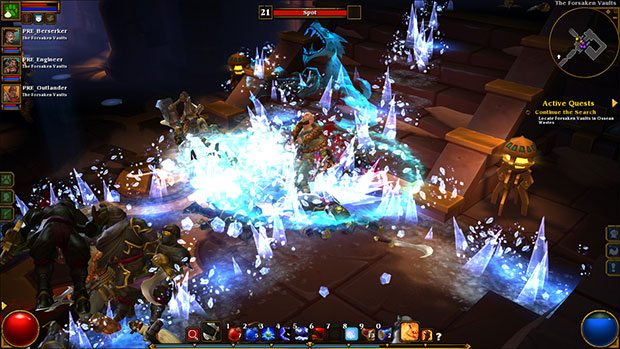
When you aren’t focused on micro-managing your inventory, there’s another monumental task of the keeping your skill tree in line with your battle objectives and play style. Torchlight II is a fast paced game that has you leveling constantly at even the highest skill levels. This means you are consistently earning points that can be spent on skills that can change the landscape of the battlefield immensely. There’s a great deal of wiggle room in Torchlight II, you don’t necessarily need to travel down a linear path in your character builds to get the best results. There are a seemingly endless number of character builds that can successfully be implemented to complete your ultimate objective. It really does boil down to what feels most comfortable for you as the player. The combination of the weapons management, skill tree, enchantments, and socketables lets you paint a unique picture for your character. Even better is that it can all be changed at the drop of a hat if you don’t like what you’ve created, or your character isn’t performing well in battle. You can extract elemental shards from equipment, add enchantments to existing items, or just focus on learning new skills with future skill points.
Torchlight II has a handful of difficulty spikes that can be frustrating if the player isn’t flexible to their build. The game transitions from super easy to devilishly hard in the blink of an eye, requiring either a lot of health and mana potions or a strategy change, to avoid getting completely frustrated on the higher skill levels. That said, Torchlight II is more action oriented than say, Diablo III. Where the latter has a much more calculated combat system, Torchlight II has a much shorter cooldown time on a lot of its skill, spells, and potions. This puts a greater emphasis on spamming health and always having a full stock of potions on hand. With enough of them, you can take down just about anything that Torchlight II can throw at you.
This constant management is something that you’re either going to love or hate. If you love it, you’re going to go far in Torchlight II. You’re going to see some of the most creative enemies and inventive levels that have been designed for this type of game in recent memory. You’ll enjoy the customization and the testing of new items and skills with your character and companion. If not, you’ll probably never venture into the even deeper world of New game Plus, Cooperative Play, let alone the Mapworks and Steam Workshop functionality. Online features were one of the things that Torchlight faithful had been asking for, and they’ve got it. Cooperative play in Torchlight II will allow you to team up with other players over the internet or via LAN. You can jump into any game or create one, with a fairly standard set of matchmaking options. It’s a barebones mode, but it serves its purpose by adding more appeal for players that need online connectivity to stay interested. Finishing the game isn’t a requirement to access the online functionality of Torchlight II, but accessing New Game Plus and the Mapworks features is. Finishing Torchlight II will allow you to keep all of your loot, skills, and levels and do it all again with a New Game Plus mode, or jump into the Mapworks to play specific dungeons, bosses, or areas. Torchlight II also features Steam Workshop support, so mods will definitely play into the longevity of the game as well, once players begin adding their creations.
Torchlight II expands on the original Torchlight premise in it’s online functionality and extended ways to play, and as a result it feels like a more complete game than its predecessor. With so many great developer minds working on the Torchlight franchise, you might expect more innovation from Torchlight II. Beacause of that, the end result is game that feels more like an evolution of the franchise than a revolution in the genre, but that’s not a bad thing. This evolution houses one of the most colorful and creative worlds we’ve ever played through, and the game is a pure looter’s paradise.


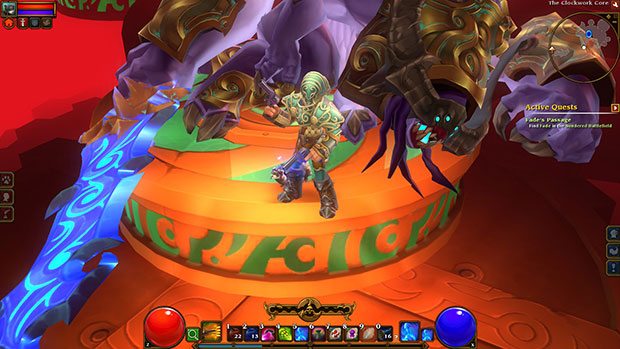
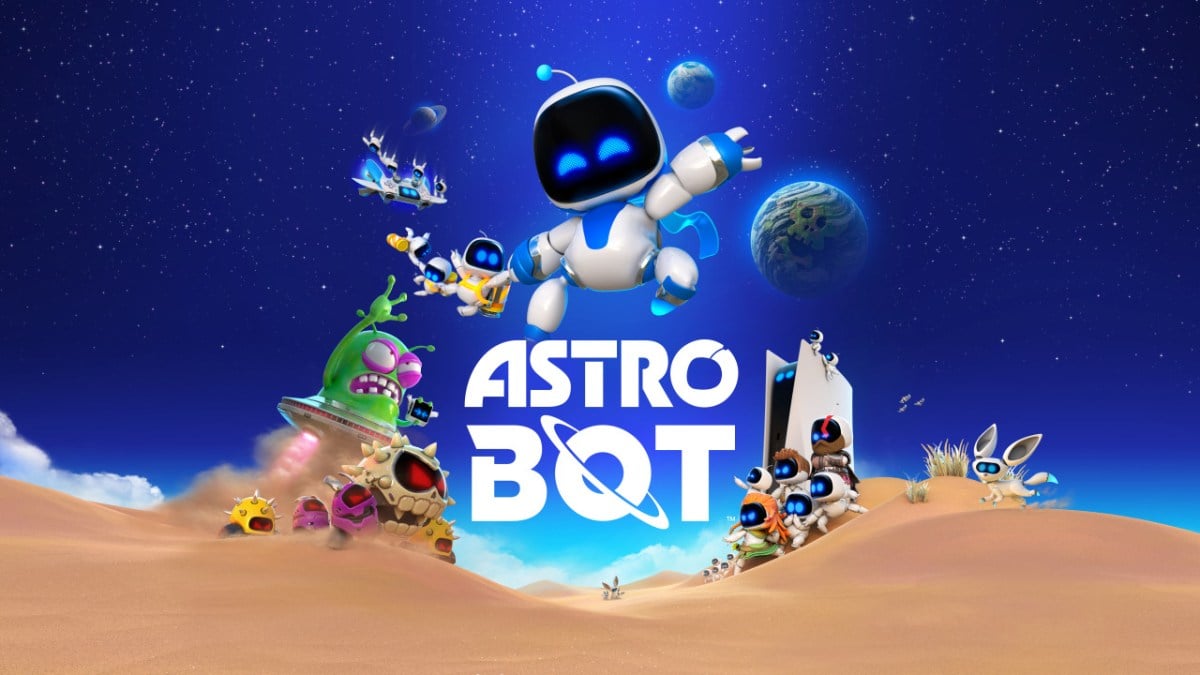
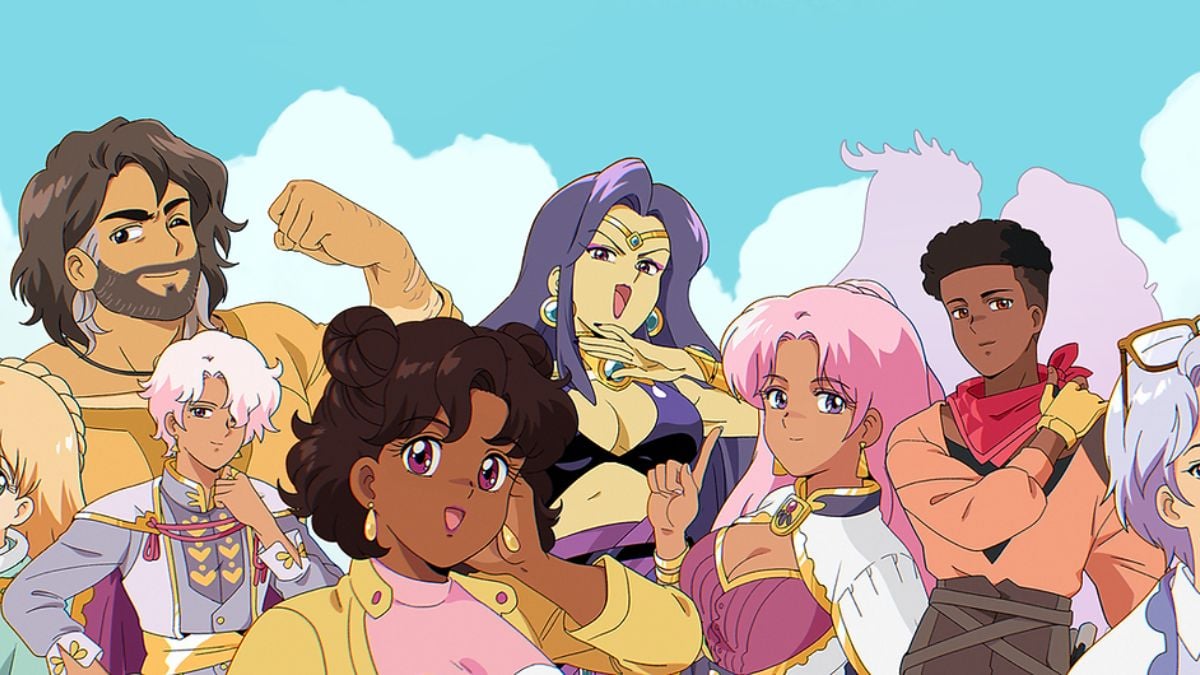
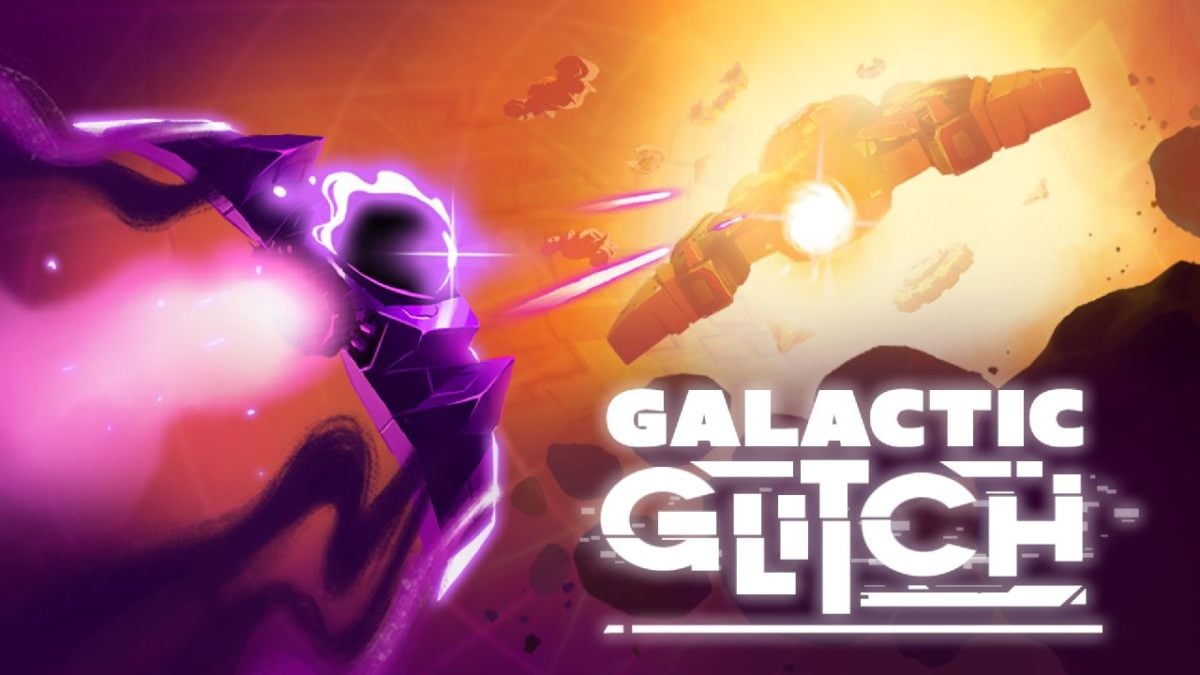
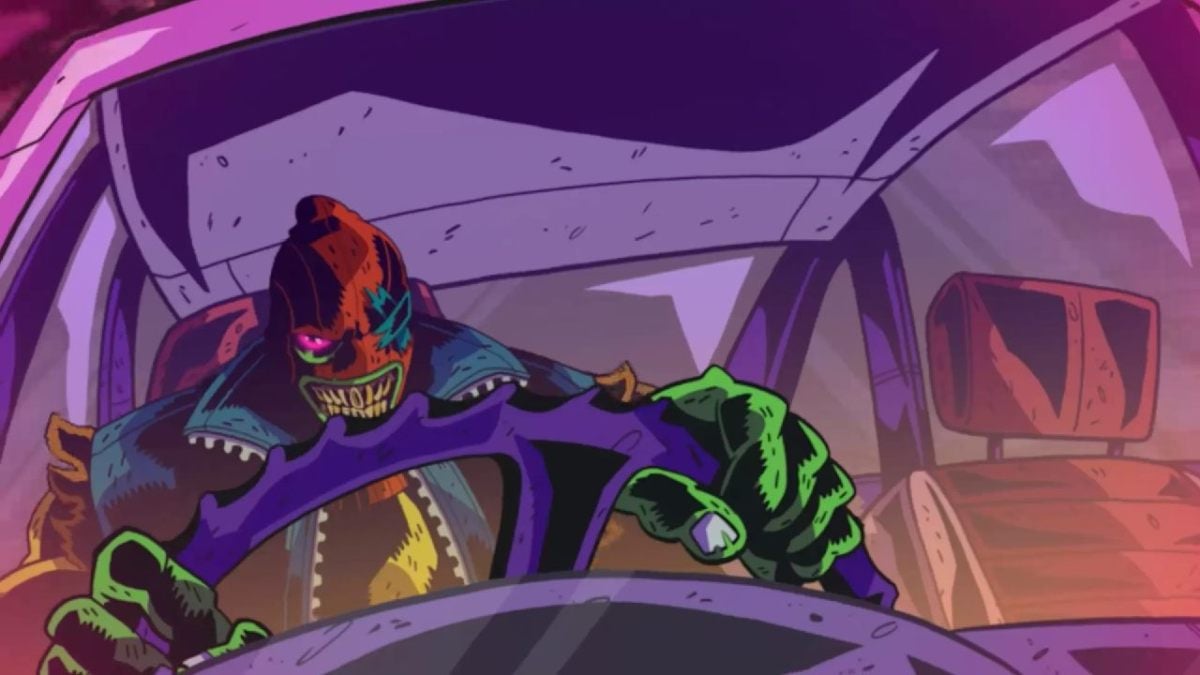
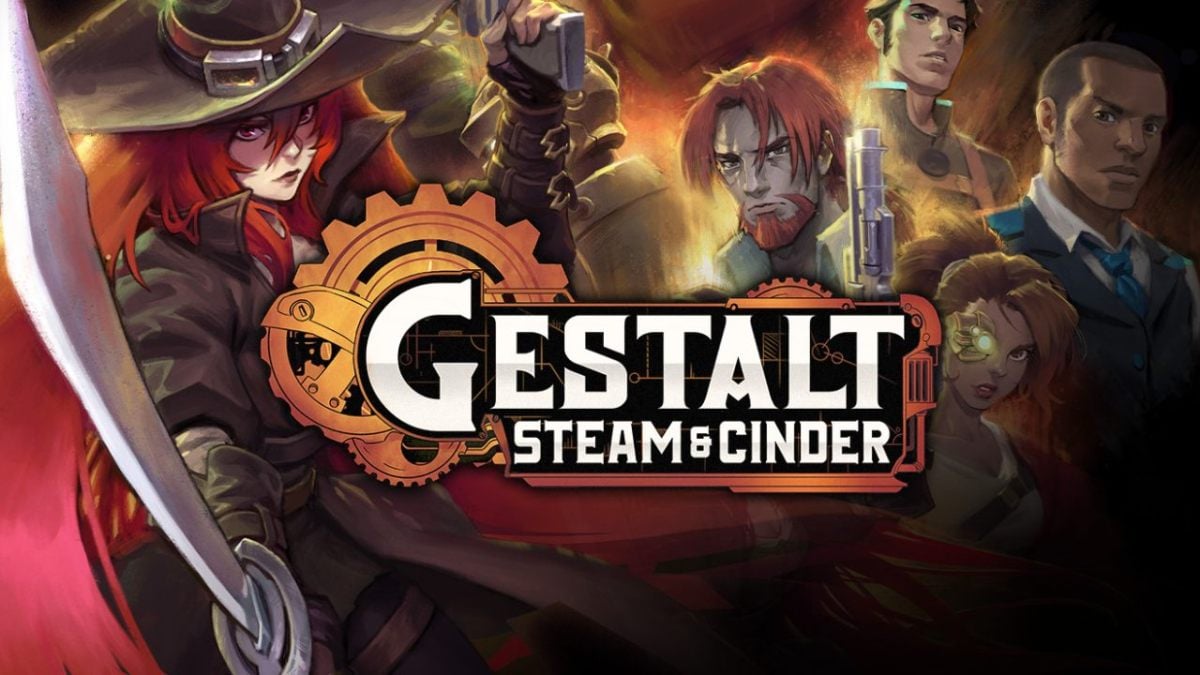
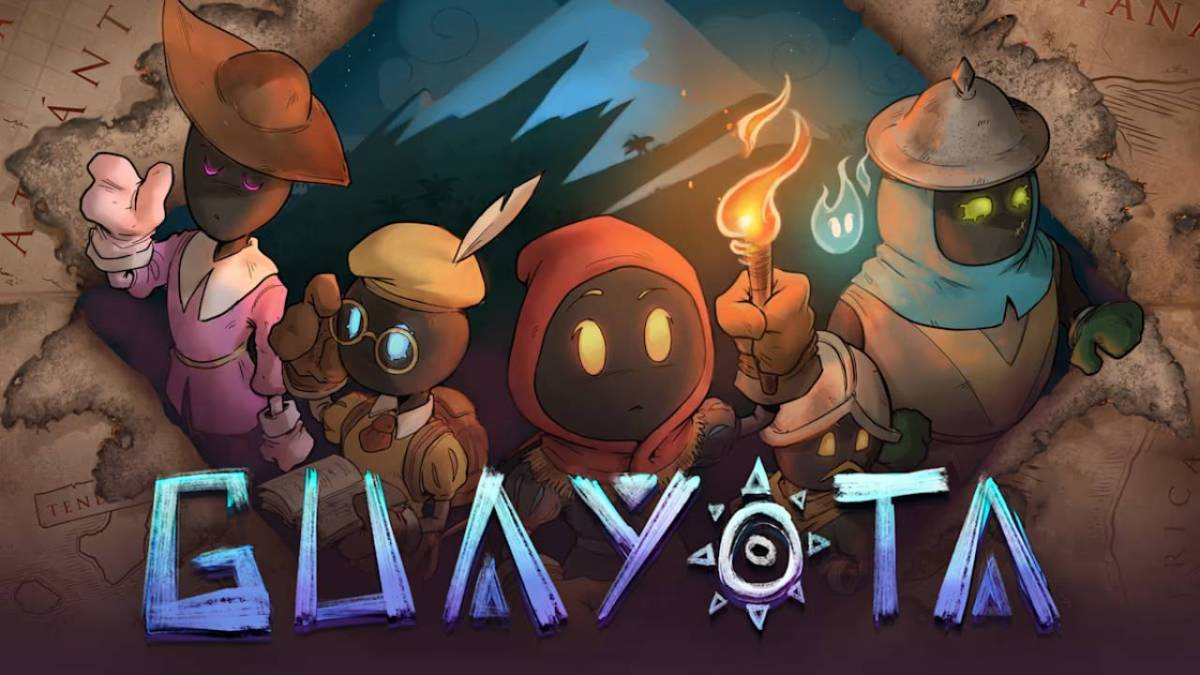
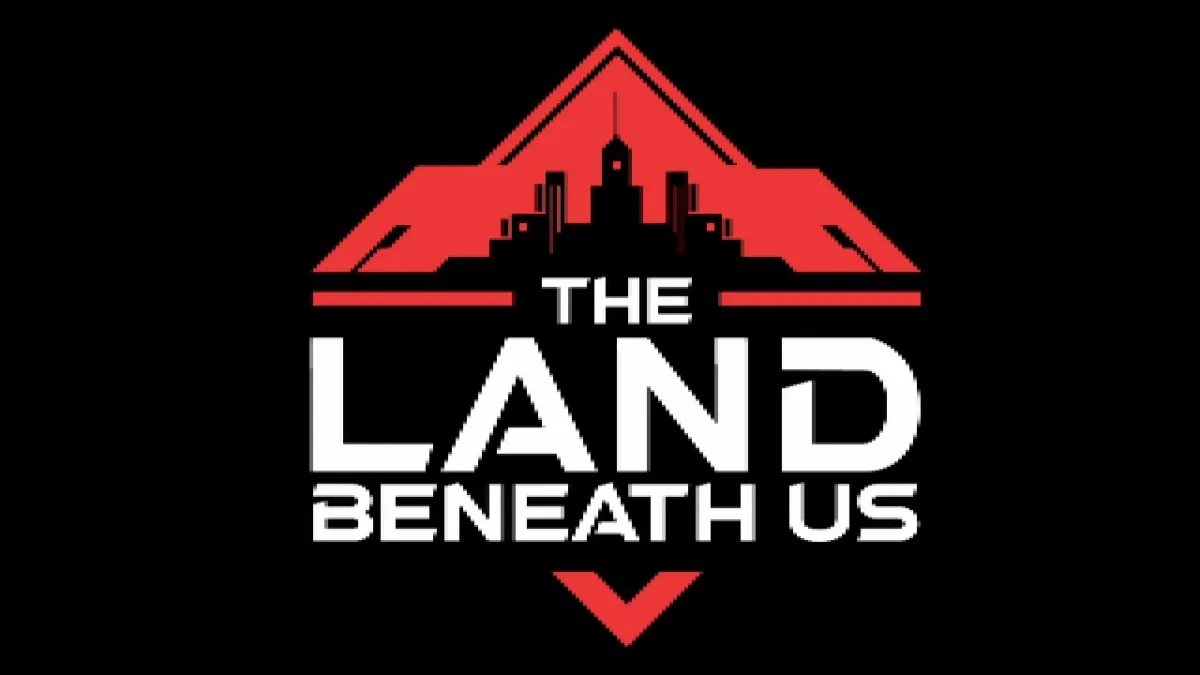
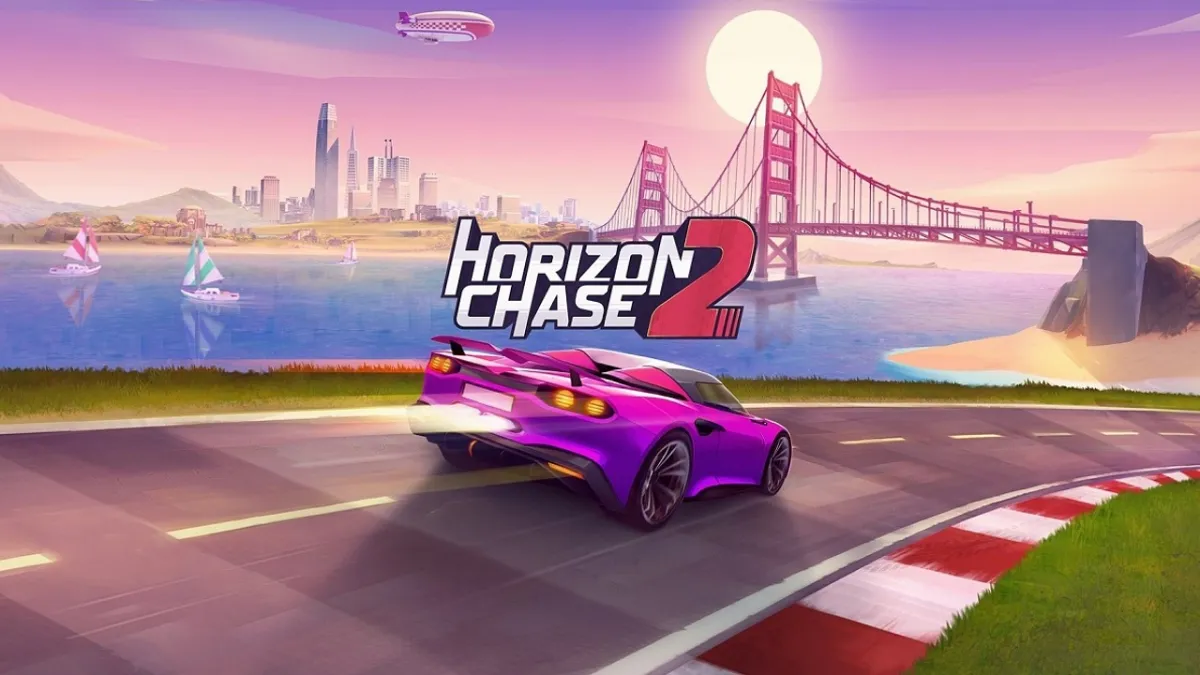
Published: Sep 29, 2012 09:00 am